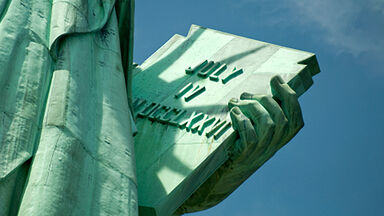The surrounding scenery is famous for its richness of colour, especially in the grounds of Cary Court, and along "The Hobby," a road cut through the woods and overlooking the, sea.
The Cary Library in this village, with 25,000 volumes (1908), was founded in 1868, and was housed in the Town Hall from 1871 until 1906, when it was removed to the Cary Memorial Library building.
His own college (Christ's) would have chosen him for the mastership; but a party opposition led to the election of Valentine Cary, who had already quarrelled with Ames for disapproving of the surplice and other outward symbols.
After Cary's election he left the university and would have accepted the great church of Colchester, but the bishop of London refused to grant institution and induction.
Numerous additional main lines - Reading to Newbury, Weymouth and the west, a new line opened in 1906 between Castle Cary and Langport effecting a great reduction in mileage between London and Exeter and places beyond; Didcot, Oxford, Birmingham, Shrewsbury, Chester with connexions northward, and to North Wales; Oxford to Worcester, and Swindon to Gloucester and the west of England; South Welsh system (through route from London via Wootton Bassett or via Bristol, and the Severn tunnel), Newport, Cardiff, Swansea, Milford.
